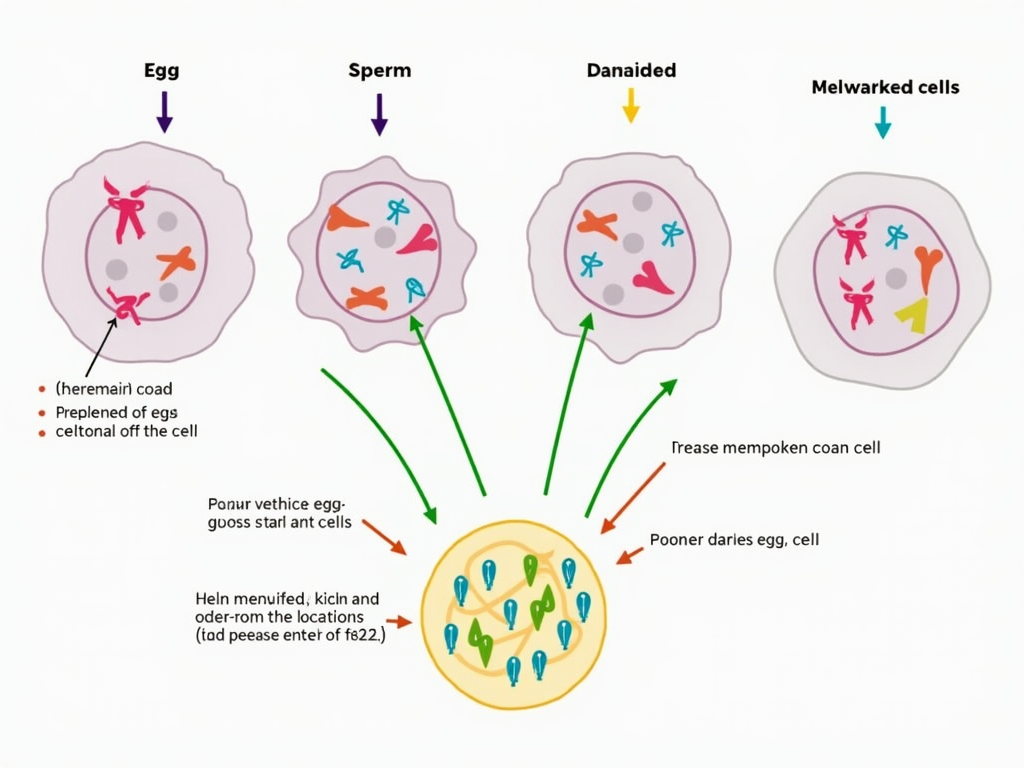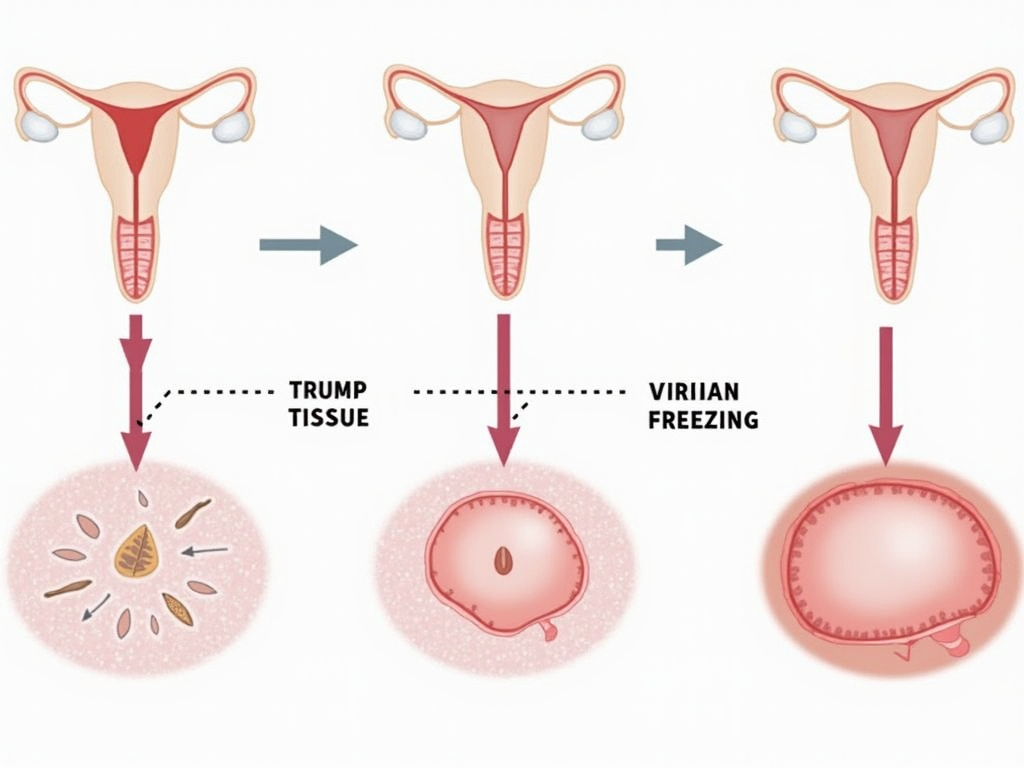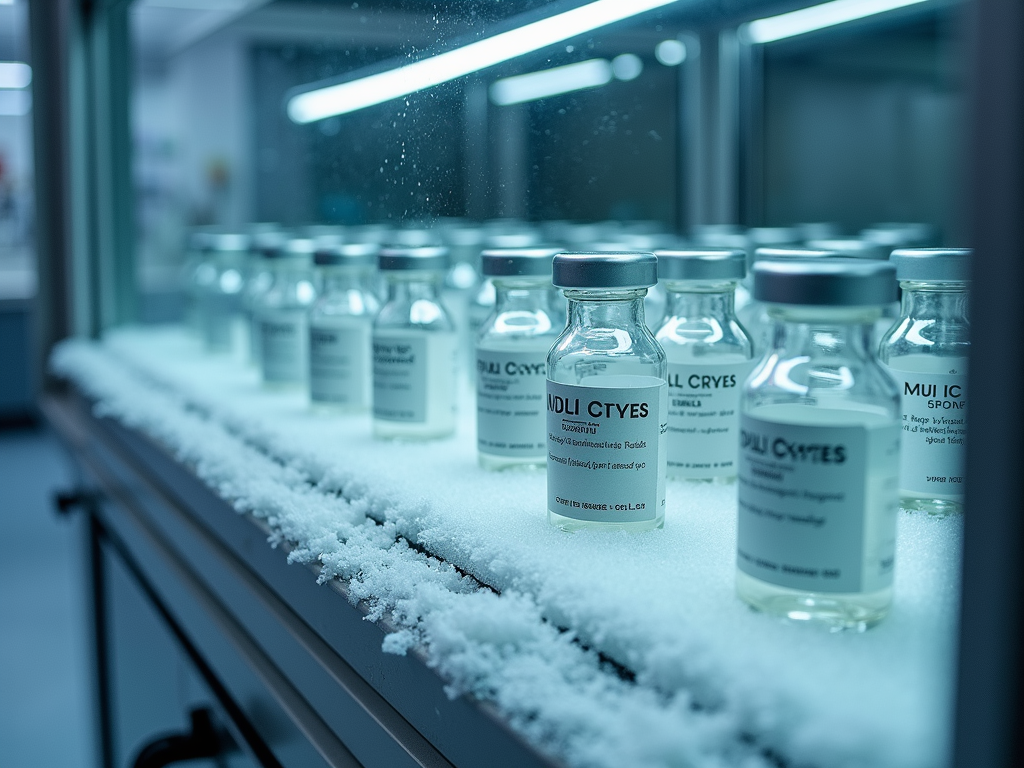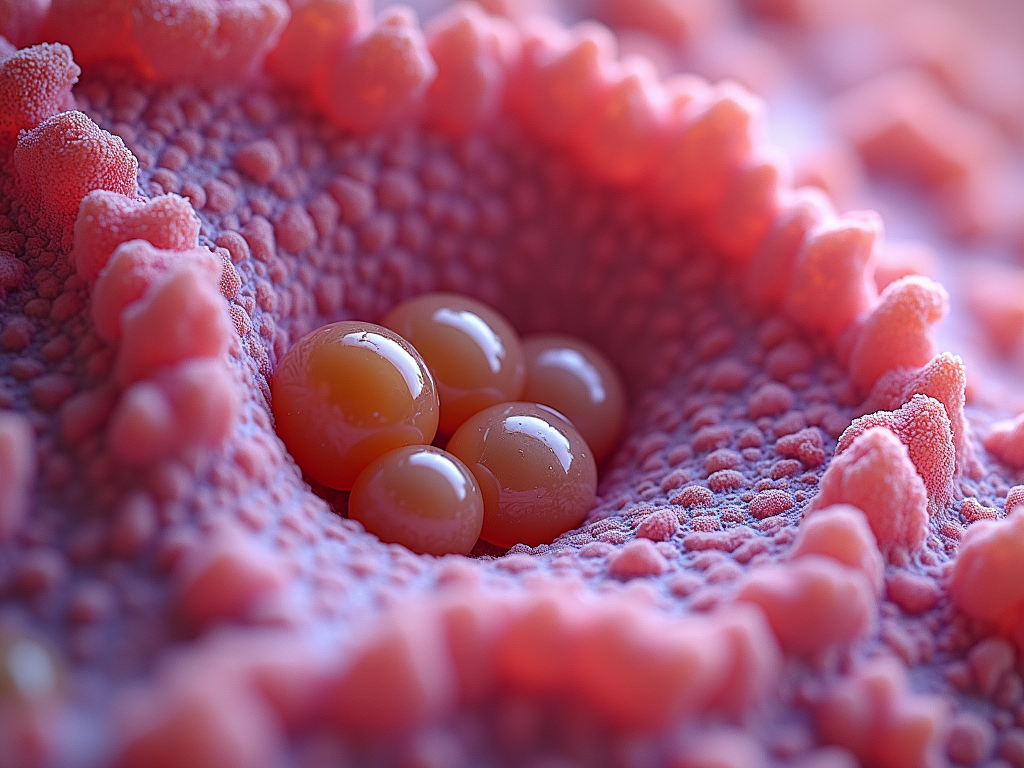How Cancer Patients Can Preserve Fertility During Treatment
March 30, 2025, 2:40 p.m.
Cancer treatments can take a toll on fertility, but there’s hope. This guide dives into how cancer patients can preserve fertility during treatment, spotlighting options like ovarian tissue freezing. It’s all about giving you the knowledge to plan for a family after cancer.

How Cancer Treatments Affect Fertility
Cancer treatments like chemotherapy and radiation can harm your ability to have kids. These treatments attack fast-growing cells, including eggs in women and sperm in men. The damage depends on the treatment type, dose, and your age.
For women, chemo can hurt the ovaries, lowering egg counts. Radiation near the pelvis can damage the uterus too. Men might see sperm production drop or stop. Infertility can feel like a hidden side effect, but knowing this early helps you act fast.
Talk to your doctor before treatment starts. Timing matters—some options need a little prep.

Fertility Preservation Options for Women
Women have a few ways to protect their fertility. Here’s a breakdown:
-
Egg Freezing
Eggs get collected after hormone shots boost their numbers. They’re frozen for later. It takes about two weeks, so it’s best if you can wait before treatment. Great for women past puberty. -
Embryo Freezing
Like egg freezing, but eggs are fertilized with sperm first. You need a partner or donor for this. Frozen embryos wait for you post-treatment. It also needs two weeks. -
Ovarian Tissue Freezing
Doctors remove a piece of your ovary and freeze it. Later, it can go back in to make eggs again. No hormones needed, so it’s quick—perfect if treatment can’t wait or for young girls.

Fertility Preservation Options for Men
Men have a simpler option:
- Sperm Banking
You provide a sperm sample, and it’s frozen for the future. It’s fast—done in a day—and works for guys past puberty. Simple, effective, and ready when you are.

Digging Into Ovarian Tissue Freezing
Ovarian tissue freezing is a game-changer for some. Here’s how it works:
-
Surgery
A small surgery (laparoscopy) removes ovary tissue. You’re asleep for it, and it’s quick. -
Freezing
The tissue gets sliced thin and frozen in liquid nitrogen. It stays safe until you’re ready. -
Transplant
Post-treatment, doctors thaw it and put it back—maybe in your ovary or even your arm. -
Fertility Returns
The tissue can start making eggs again. You might conceive naturally or use IVF.
It’s a lifeline for those who can’t delay cancer care.

Benefits of Ovarian Tissue Freezing for Fertility Preservation
Why choose this method? Check out the perks:
| Benefit | Why It Matters |
|---|---|
| No Treatment Delay | Start cancer care right away—no waiting. |
| Works for Young Girls | Only option for kids before puberty. |
| Chance for Natural Birth | Some women conceive without extra help. |
But there’s more to think about:
- It’s surgery, so there’s a small risk.
- Success isn’t guaranteed—it’s still advancing.
- In some places, it’s seen as experimental.
Weigh these with your doctor to see if it fits.

Real Stories of Hope
People like you have made this work. Sarah, 28, faced breast cancer and picked ovarian tissue freezing. She couldn’t wait for chemo, so this fit perfectly. Two years after treatment, her tissue went back in, and she had a baby naturally.
Then there’s Emily. Diagnosed with leukemia at 12, her parents chose this to keep her options open. Now cancer-free, she’s got a shot at a family later. These stories show fertility preservation isn’t just science—it’s hope you can hold onto.

Wrapping Up: Your Next Steps
How cancer patients can preserve fertility during treatment matters—it’s about keeping dreams alive. Ovarian tissue freezing stands out for its speed and reach, especially for young patients or those racing to treatment. Talk to your team soon; every day counts.
Facing cancer? Ask about fertility preservation. A specialist can guide you to the best choice. It’s not just about surviving—it’s about living fully after.
